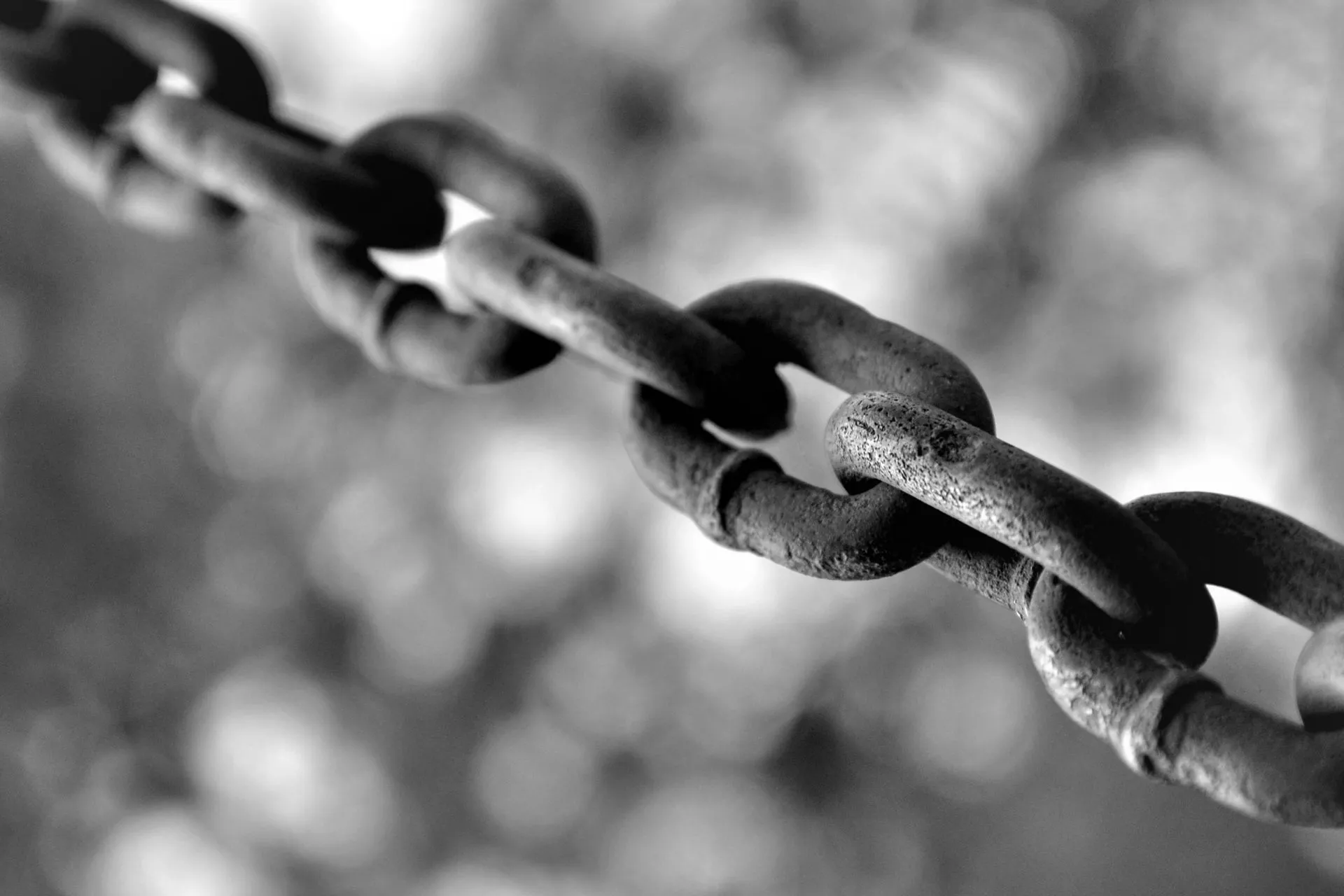Corruption in the Holy Place
The Temple was meant to be representative of God’s presence in the nation (1 Ki 8:27–30). But in Jesus’ day, the temple was filled with moneyed merchants carrying on business in the space meant for seekers from “all nations” to gather and they were cheating and exploiting poor pilgrims who wanted to present “acceptable” offerings. When the priest found some defect in an animal, the pilgrim had to go to the sellers of sacrificial animals, sell their own animal at a loss and buy one from the merchant for an exorbitant amount. They were not allowed to offer any money with Roman markings and had to exchange their money for the Temple shekel, again at a loss.
John places the cleansing of the Temple at the beginning of his account of gospel history. Was he making a theological statement by doing that or did Jesus cleanse the Temple twice? Anyway, when questioned about His authority for doing what He did, He said that He would destroy the Temple and rebuild it in three days (Jn 2:12–22). While this was about raising His own body from the dead, it was also an affirmation that it was His mission to bring down the Jewish religious system, and that He Himself would be the replacement of the system.
Sabbath, Bone of Contention
Talking to the Samaritan Woman at Jacob’s well, Jesus freed worship from religious locations and confines.
All the gospels show that Jesus had a running battle about how to conduct oneself on the Sabbath. Our Lord affirmed all God’s commandments, which included keeping the Sabbath holy (Matt 5:17–18). But over the years Jewish teachers had added to the law. The Talmud, which is the major compilation of Jewish tradition, has twenty-four chapters listing Sabbath laws. One law specified that the basic limit for travel was 3,000 feet from one’s house; but various exceptions were provided. A Jew could not carry a burden heavier than a dried fig, and so on. Even though what Jesus did was miraculous, they accused Jesus of breaking the Sabbath when He healed people, counting it as work. He countered that the Sabbath was a gift that God had given His people to bless them and so it was all right to heal and do good (Mk 3:1–5; Lk 13:10–17). Jesus got angry with the Pharisees for their hardness of heart toward the sick and suffering (Mk 3:5). He said that the Son of Man was lord of the Sabbath and that the Sabbath was made for man, and not the other way around, making men slaves of the Sabbath (Mk 2:27–28).
Long before the BJP, the Pharisees controlled what people ate or how they ate their food. They said that Christ’s disciples were unclean for eating without washing their hands (Mk 7:5). Jesus countered that it isn’t what people eat that makes them unclean, but what comes from their hearts (vv.14–23), and gospel writer Mark comments that by this one remark of His, Jesus overturned all the dietary do’s and don’ts that Jews observed (v.19).
The New Way
Jesus said that entry into God’s Kingdom would not be through the works of the flesh, i.e., keeping the Law (Jn 3:6), but by being born again from above…
In His conversation with Nicodemus, Jesus said that entry into God’s Kingdom would not be through the works of the flesh, i.e., keeping the Law (Jn 3:6), but by being born again from above (vv. 3, 5)—just by believing in what God did by sending Jesus to save the world (vv.14–18).
Talking to the Samaritan Woman at Jacob’s well, Jesus freed worship from religious locations and confines. He said that worship was a matter of spirit and truth (Jn 4:21–24).
When the Church was born, it had no temples, shrines, cathedrals or chapels. It met in ordinary homes in the midst of life with all the messiness of domestic conditions (Acts 2:46), and continued to meet in homes for years afterwards (Rom 16:5; 1 Cor 16:19; Col 4:15; Philem v.2), fulfilling what Jesus had said about the time coming when people would not bother with holy places, but worship in spirit and in truth, recognising that God could not be boxed in because He is Spirit (Jn 4:23).
Our Lord made it clear that true freedom lies in being freed from sin and its power over people’s lives. He said, “If you continue to follow my teaching, you are really my disciples and you will know the truth, and the truth will set you free.” His audience protested, “We are descendants of Abraham and have never been anyone’s slaves! How can you say, ‘You will become free’?” Jesus’ answer was, “I tell you the solemn truth, everyone who practices sin is a slave of sin. The slave does not remain in the family forever, but the son remains forever. So if the son sets you free, you will be really free” (Jn 8:31–36).
Our Lord demonstrated His power to set a person free, when a woman caught in adultery was brought to Him. Jesus started to write in the mud. It’s been suggested that He listed the sins her accusers were guilty of—things like greed, anger, hatred, lust…except that that was what Jesus taught (Matt 5:21–30), not what the Jews believed. Rather, He would have written down the commandment that in the case of adultery both man and woman had to be punished. Since the woman had been caught in the act of adultery, it was clear that the crowd had decided to let the guilty man off. When they still didn’t get the point and pressed for His verdict, Jesus said, “Let the one without sin, be the first to throw a stone at her.” One by one, the men slinked off. Jesus was without sin and could have stoned her. But He let her go saying, “I don’t condemn you. Go, and sin no more.” The truth had set her free, and the truth was mediated to her by the One Who was Truth personified (Jn 8:1–11).
Freedom fighter Moses brought people out from slavery, and told them that God required them to be just as holy as God (Lev 11:44–45), but Moses could not make the people holy. The history of Israel was one of repeated episodes of unfaithfulness to God—right from the time of Moses to the time when God exiled Jews for being idolatrous and unholy. Moses didn’t have the power to make people holy, only to command holiness. As John said at the beginning of the gospel, Moses gave the Law. But when Jesus came, He gave people the power to keep the law, because He gave them grace along with the truth (1:17). He, as the Son of God, could set people free from sin with the truth He shared with them, for He was/is the way, the truth and the life. No one can reach the Father except through Jesus—the liberator, the freedom fighter.
“It is for freedom that Christ has set us free” (Gal 5:1). However, the freedom we have in Christ Jesus is no licence to do wrong and evil (v.13; 1 Pet 2:16). We are the freed bondslaves of God, and should use our freedom to serve others in love (Gal 5:13), because the only thing that counts is faith working through love (v.6).






